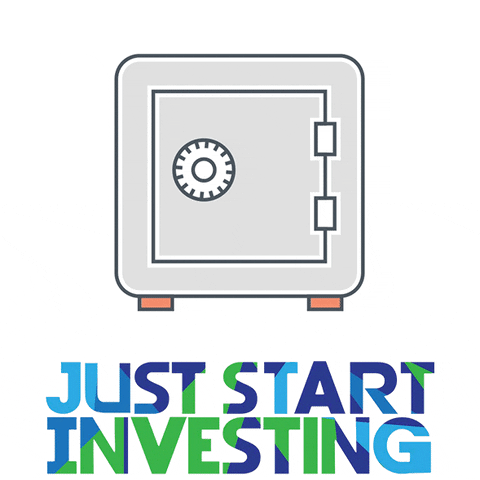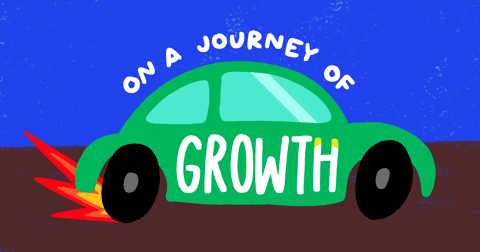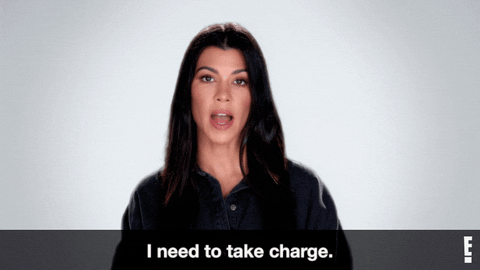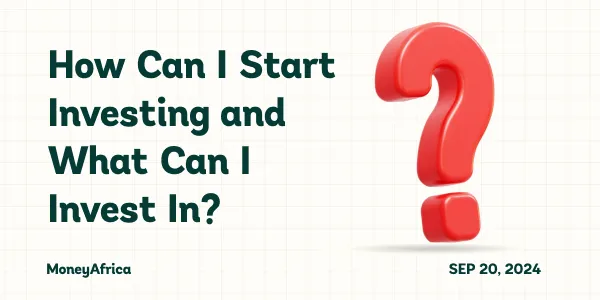Another exciting weekend is here again. It’s time to recharge and unwind!

Friday letters are usually dedicated to taking questions from our community.
Do you have any questions for us? Please feel free to:
- Send an email to info@themoneyafrica.com; or
- Send a DM to any of our social media channels, or
- Simply fill out this form. Don’t worry, your responses are kept anonymous.
***
Question
How can I start investing? What can I invest in?
Answer
This question occupies the minds of many individuals and I am happy to give a walkthrough on what investing entails.
Investing is an approach to getting profitable returns on your money over time by purchasing various assets or committing such money as capital for a new business or project. It involves putting your money to work by owning assets through which you could earn passive income. Unlike saving your money in a deposit account through which you could earn only a little interest, investing gives you the potential to earn more passive income.
Investing is a crucial aspect of managing your finances because it helps you grow your wealth and achieve your financial goals faster. Also, it’s important to let go of the misconception that you need a lot of money to start investing. You can start investing with as little as ₦10,000.

What can you invest in?
There are various asset classes you can invest in. Below are examples:
- Stocks: Stocks refer to your ownership of shares in one or more companies. Purchasing the shares of a company gives you a stake in the company’s profits and assets. As a shareholder, you would gain returns through the dividend paid out by the company and through future increases in the share price.
- Debt instruments: These are financial instruments through which the government or businesses can borrow money for which they agree to pay back the principal plus interest to investors who invest in such instruments. Examples of debt instruments include bonds, treasury bills (t-bills), Certificates of Deposits (CDs), etc.
- Mutual funds: A Mutual fund is a pool of money gathered from various investors and invested in a diverse range of assets. This diversification would help you gain exposure to a wide range of assets and reduce risks. This asset class offers a viable way to invest small amounts of money and build wealth over time.
- Alternative assets: These are assets that fall outside of the traditional asset classes such as stocks or debt instruments. They offer the advantage of more diversification to investors. However, unlike traditional assets, some of them cannot be converted to cash quickly as they can’t be easily sold.
What are examples of alternative assets?
- Real estate: This involves buying lands and buildings to gain rental income in the future. You can also invest in Real Estate Investment Trusts (REITs), which are the financial instruments of companies that own and manage real estate.
- Commodities: These are physical assets such as agricultural produce (sugar, palm oil, rubber, etc.), energy products (crude oil, gasoline, coal, etc.), and precious metals (gold, silver, etc.).
- Cryptocurrencies: These are digital currencies that are designed through a network of blockchain technologies to serve as a medium of exchange. Examples include Bitcoin, Ethereum, Solana, etc.
- Derivatives: These are contracts that derive their value from another asset such as a stock, bond, or commodity. The value of derivatives usually depends on the future performance of the underlying assets. They are usually used to speculate price movements or to hedge against risks.
- Private equity: This involves investing directly in existing private companies to contribute to the growth of these companies to help them become more profitable.
How can I start investing?
Before you begin your investment journey, it is important to do the following:
- Set your financial goals: Determine the specific goals you want to achieve through managing your finances better. It could be saving for retirement, buying a home, or being debt-free.
- Know your risk appetite: Identify how much risk you would be willing to take on. You could be risk-averse, preferring safer investments with low or moderate returns, or risk-tolerant and open to riskier investments with the possibility of heavier returns.

After completing the steps above, the next thing to do as you embark on your investment journey is to conduct thorough research on the type of assets you are interested in investing in.
Subsequently, you can talk to a broker through platforms such as Meristem, CardinalStone, and Stanbic IBTC. You can also open an investment account on a platform such as Ladda. Additionally, there are some other fintech apps, through which you would be able to place an order on financial assets you are interested in.
Note that it is crucial to monitor your investment by staying informed about industry events and economic policies relating to that specific asset.
In a nutshell
Investing is a key strategy to help you build wealth, gain financial independence, and achieve your financial goals. However, it could be quite volatile, and ignorance could be very dangerous. It is important to conduct thorough research and stay informed about potential events that could affect your investment.
At MoneyAfrica, we encourage individuals to take charge of their finances. If you have further questions or concerns about your investments, or if you would like to discuss the process of creating an investment plan to guide you as you begin your investment journey, join our community by clicking here.
See you soon!

***
Do you know that we have our own podcast? It’s MONEYTALKS!💚
Here’s a link to listen to all the amazing episodes we have!
***
Thank you for reading Money Africa’s Blog.
Please feel free to share it.
Do you have any questions? You can send an e-mail to info@themoneyafrica.com or send a DM to any of our social media channels.
***
MoneyAfrica premium plan
Are you a mid to high-income earner? Do you find communities a bit too busy? You should sign up for our premium plan.

You can learn more about that here.
***
We often get questions regarding how to plan your finances to align with your relocation plans, especially for students seeking to further their studies. As always, we have heard you, and we have put together an e-book to help you navigate this. Follow this link, to get your FREE copy of the e-book: The Japa Encyclopedia.
***
Get our annual subscription and learn more about investing safely and building a solid portfolio in 2024.
Don’t forget to:
- Join our community, if you want to smash your 2024 financial goals. It takes at least 30 days to build great habits that will last you a lifetime. So why not start now? There is a lot you can achieve.
- If you would like to document your financial journey in 2024, then our journal would be an excellent fit for you. It costs ₦7,500 (excluding delivery).
- Get a budget sheet to track your monthly expenses. Click here
- Get an investment tracker to be on top of all your investments. Click here
MoneyAfrica is a financial literacy platform. Our goal is to make everyone better with their finances.
We do this by engagements via our:
– social media handles
– platforms for paid community members (for adults and students)
– webinar sessions with corporate clients
Would you like to join any of the communities? Please click here
Would you like us to hold a webinar for your company’s staff? Please send an email to info@themoneyafrica.com


